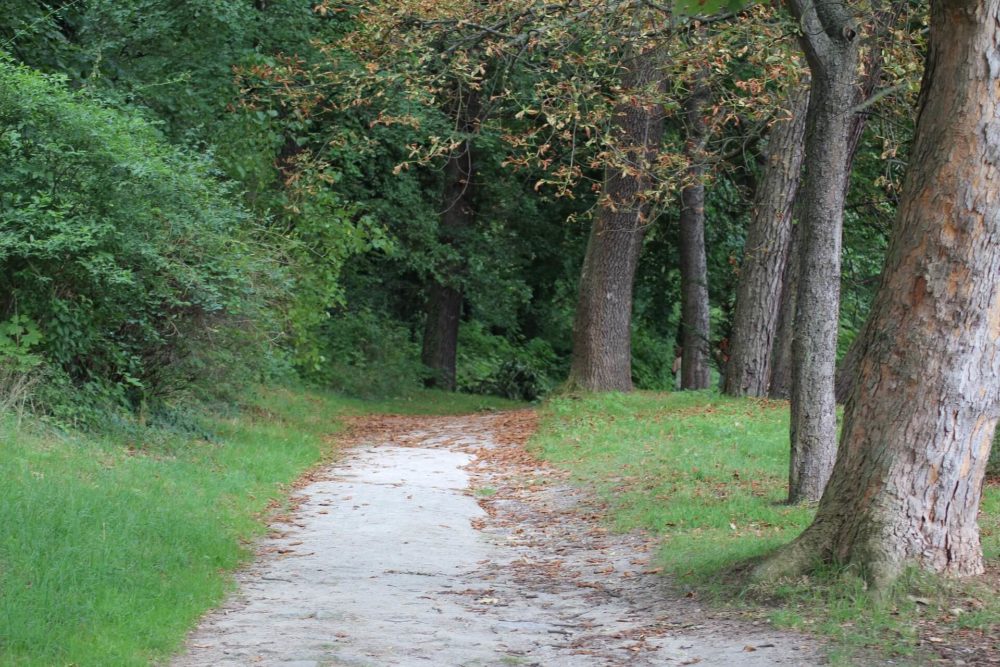Living Near This Might Mean a Healthier Brain
It’s no secret that your environment can play a crucial role in both your physical and mental health. One new study suggests that living near a forest is linked to a healthier brain structure. How Nature Impacts the Brain The study, published in Scientific Reports, examines how proximity to nature impacts the brain. Previous research…

It’s no secret that your environment can play a crucial role in both your physical and mental health. One new study suggests that living near a forest is linked to a healthier brain structure.
How Nature Impacts the Brain
The study, published in Scientific Reports, examines how proximity to nature impacts the brain. Previous research has shown that city dwellers are more prone to psychiatric illness. City life, often characterized by noise, confinement, and pollution, can contribute to feelings of anxiety and depression.
Perhaps even more surprisingly, the amygdala, a region of the brain that plays a critical role in emotion and reaction to stress, shows greater activity in those living in cities when compared to those in more rural areas.
These factors have led researcher to investigate factors that may have a protective effect in brain health, particularly those who dwell in crowded cities.
What about city dwellers who have access to nature such as trees, parks, and forests? A team of researchers decided to look at the impact that proximity to nature could have in the stress-processing regions of the brain.
According to the one of the study’s authors:
“Research on brain plasticity supports the assumption that the environment can shape brain structure and function. That is why we are interested in the environmental conditions that may have positive effects on brain development. Studies of people in the countryside have already shown that living close to nature is good for their mental health and well-being. We therefore decided to examine city dwellers.”
The researchers did in fact find a connection to living close to nature and better brain health. City residents who lived closer to a forest showed signs of a healthier amygdala, suggesting that they are better equipped to cope with stress.
Other Factors to Consider
One caveat – while the research suggests a link between nature and brain health, it couldn’t prove that living near nature is what benefits the amygdala. It’s also possible that people with healthier amygdalas tend to choose homes near forested areas. The researchers suggest that the first scenario is more likely but additional studies are needed to examine the link.
While this may come as no surprise to most nature-lovers, the researchers suggest that these findings may have important implications when it comes to planning the cities of the future. By the year 2050, approximately 70 percent of the world’s population is expected to live in cities.
Careful city planning may help protect the brains and health of these individuals.
Reference: Simone Kühn, Sandra Düzel, Peter Eibich, Christian Krekel, Henry Wüstemann, Jens Kolbe, Johan Martensson, Jan Goebel, Jürgen Gallinat, Gert G. Wagner, Ulman Lindenberger. In search of features that constitute an “enriched environment” in humans: Associations between geographical properties and brain structure. Scientific Reports, 2017; 7 (1) DOI: 10.1038/s41598-017-12046-7





